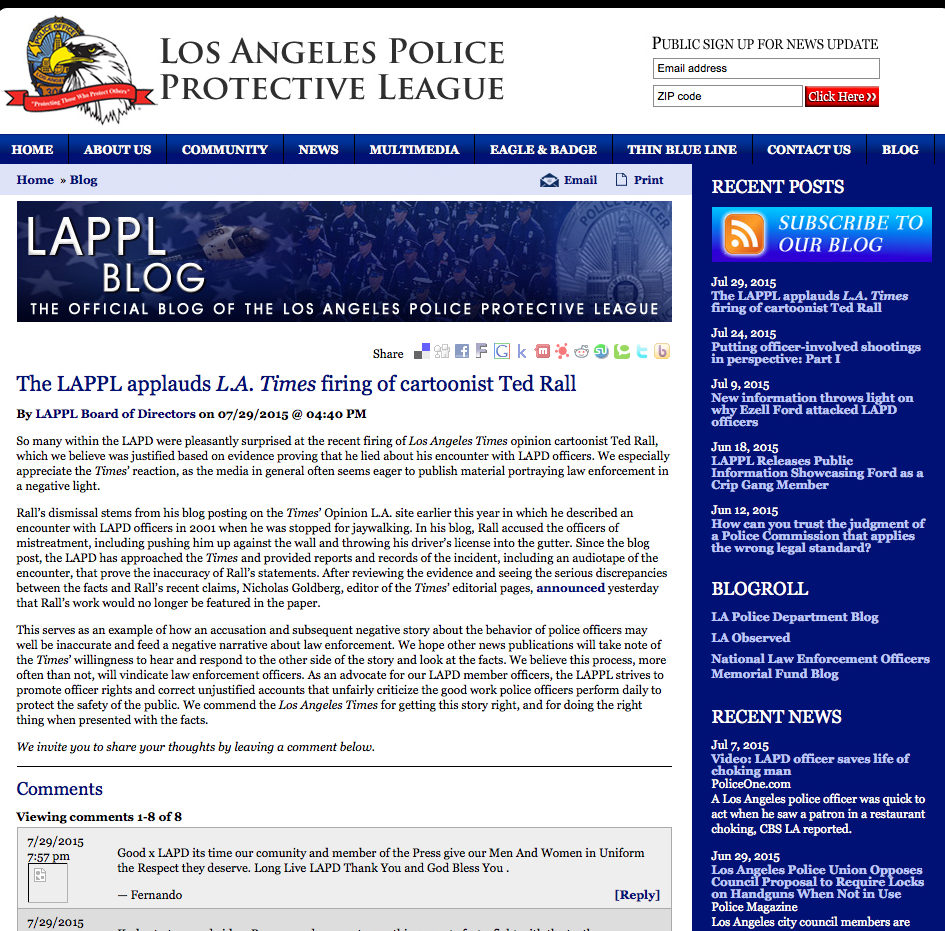LIVE 9:00 am Eastern time, Streaming Anytime:
Political cartoonist Ted Rall and CIA whistleblower John Kiriakou catch you up after the long weekend, beginning with a L.A. story with a personal connection to “Deprogram.”
- Is Los Angeles for Sale?: Austin Beutner, scandal-plagued billionaire and widely reviled ex-LA schools superintendent, plans to run against Mayor Karen Bass, criticizing her over homelessness and living costs. As ex-publisher of the LA Times, Beutner secretly conspired with corrupt ex-LAPD Chief Charlie Beck to fire and smear Ted because his cartoons criticized the police, and got fired due to the subscriber backlash and his boardroom plots. As Ted later learned, Beutner was a dollar-for-dollar match donor to the LAPD pension fund. Will Angelenos get conned by a grifter who makes Eric Adams look honest?
- Iran’s Trans Medical Tourism: Iran promotes gender transition surgeries to attract LGBTQ foreigners, offering low-cost procedures alongside luxury travel packages. Despite Iran’s reputation for affordable care, the policy stems from a history of coerced gender-affirming surgical operations.
- Afghanistan-Pakistan Border Clash: The Taliban confirms attacks on Pakistani troops, saying they are retaliation for airspace violations, with 58 reported deaths. Pakistan disputes the toll, and closes border crossings. Tensions soar as both sides trade accusations of harboring terrorists. Are Afghanistan and Pakistan, with a long complicated relationship, at the brink of war?
- Madagascar Crisis: About to be impeached, President Andry Rajoelina of Madagascar has dissolved his country’s National Assembly, the lower house of Parliament, hours after saying that he had gone into hiding at an undisclosed location out of fear for his safety over weeks of Gen-Z anti-government protests over lack of water and power that have killed 22 people.
- Federal Workers’ Mass Retirements: A massive wave of federal retirements and buyouts is straining agencies amid the shutdown. Over 154,000 employees leave, overwhelming HR offices. But isn’t a workforce reduction what DOGE and Trump wanted?





